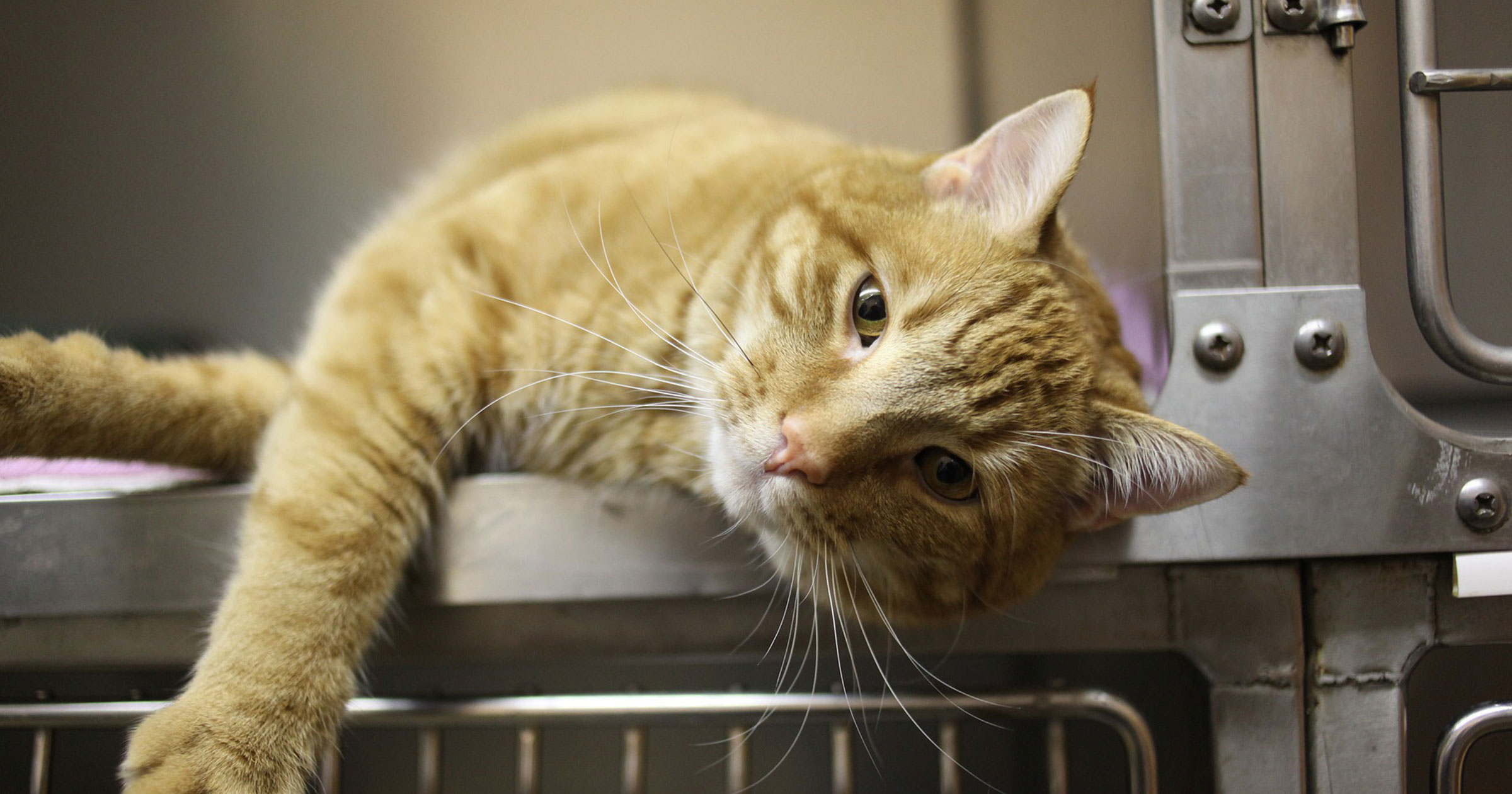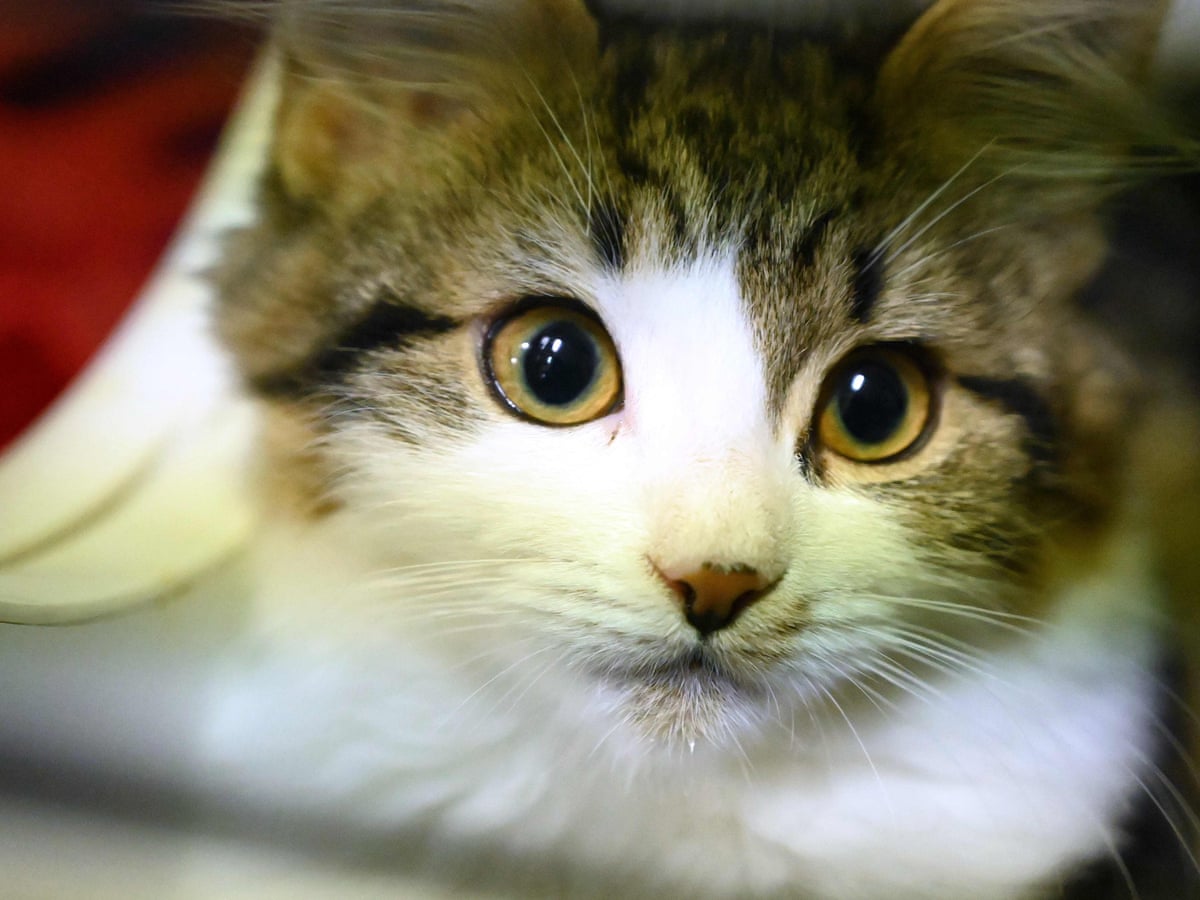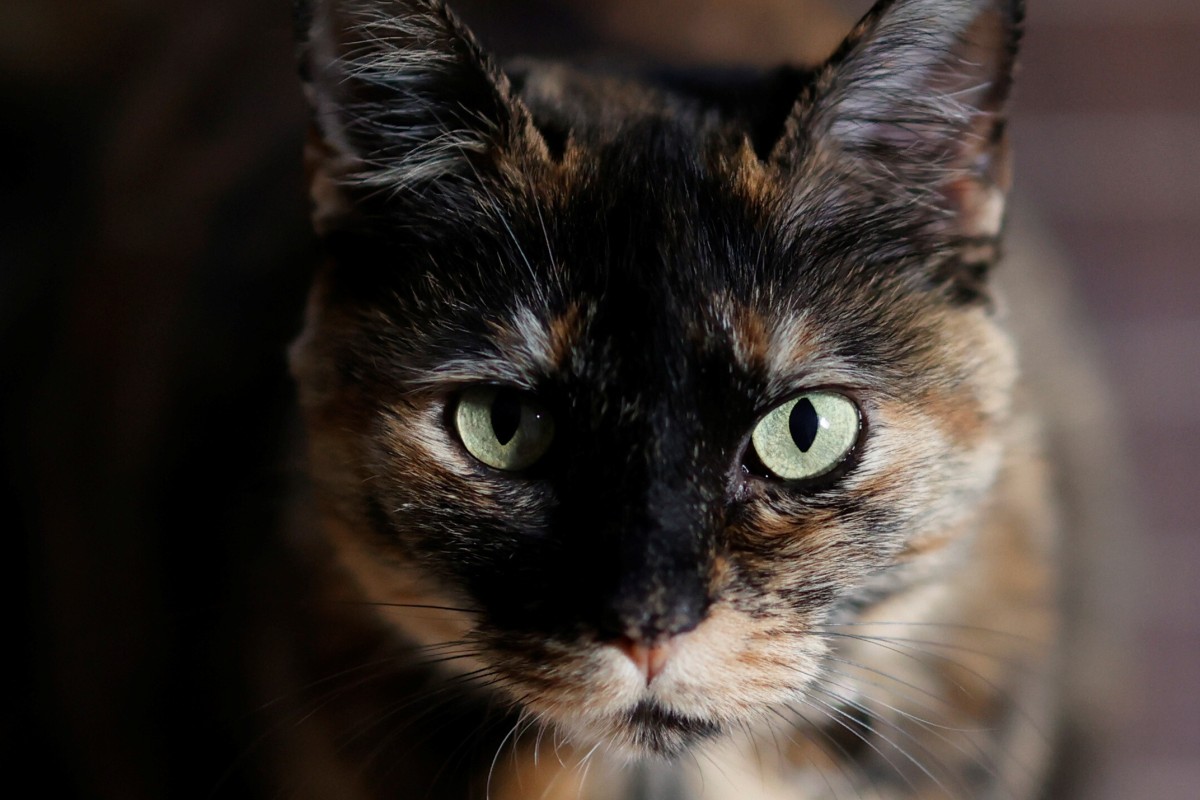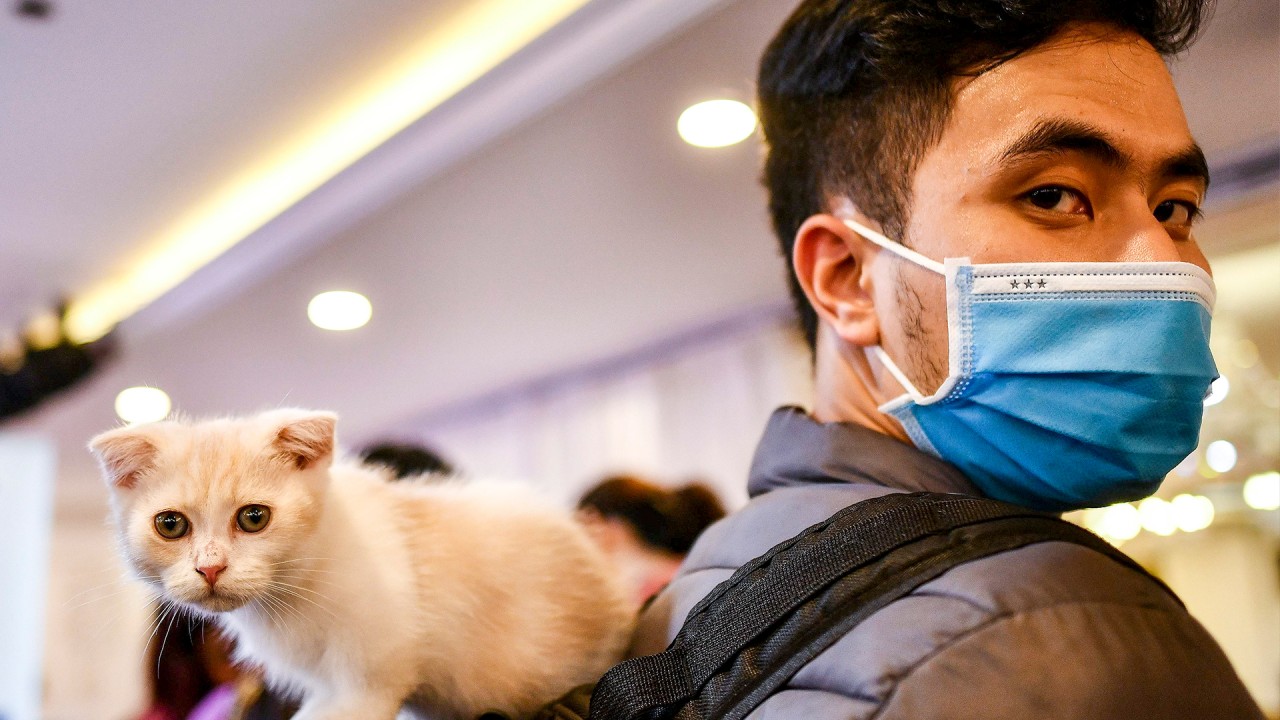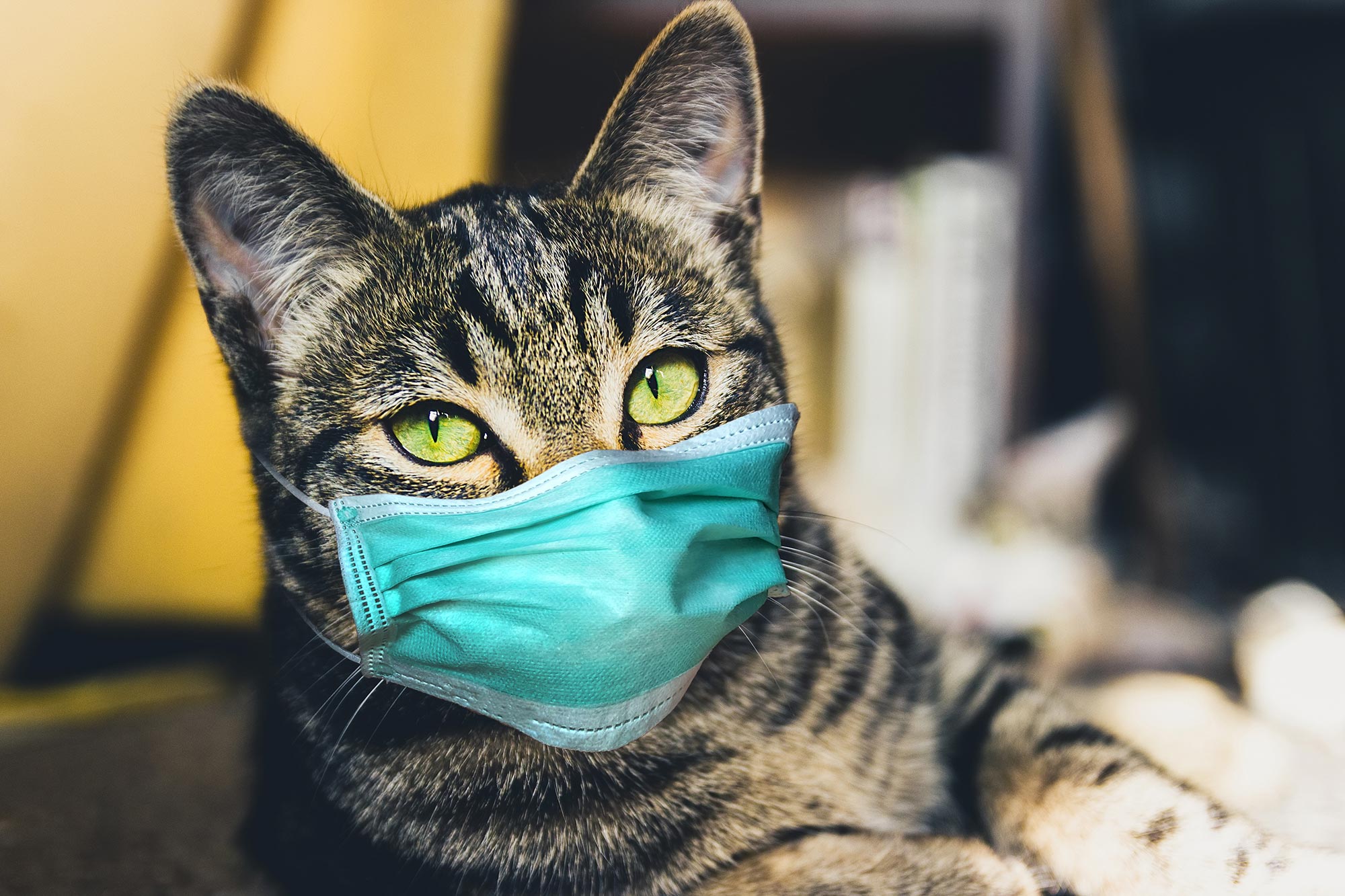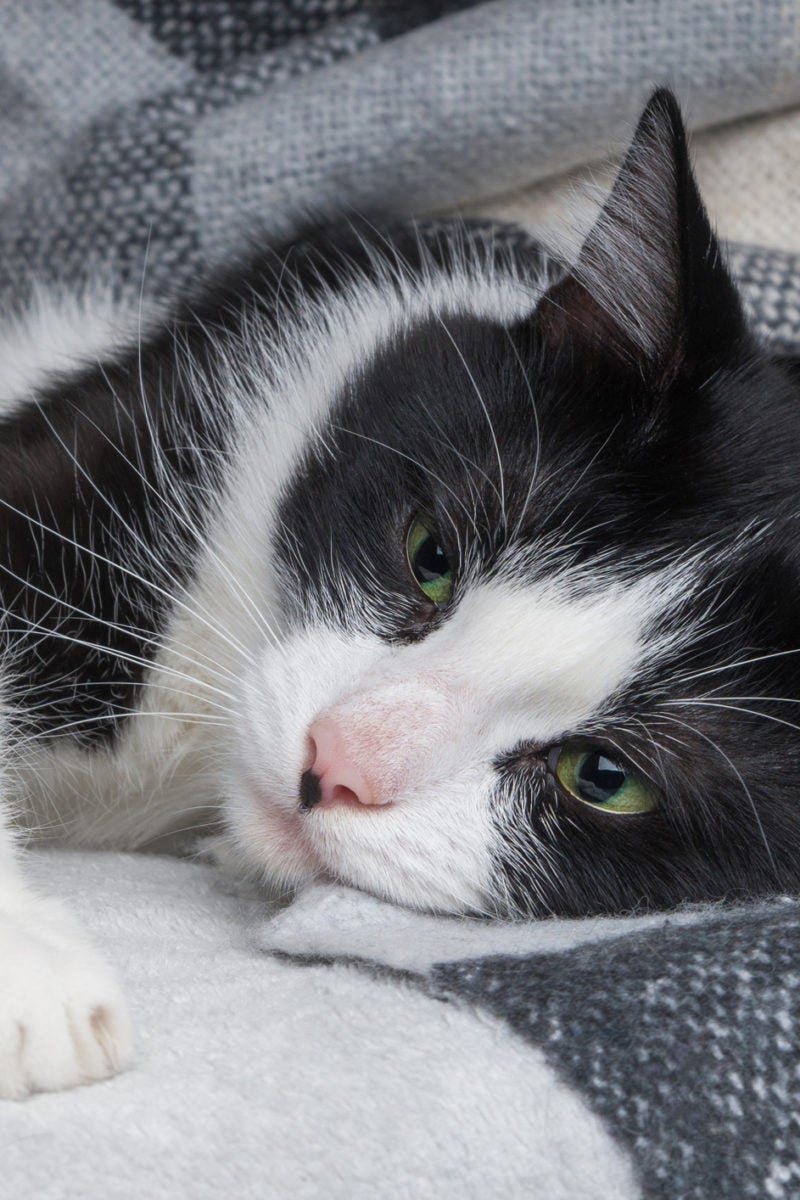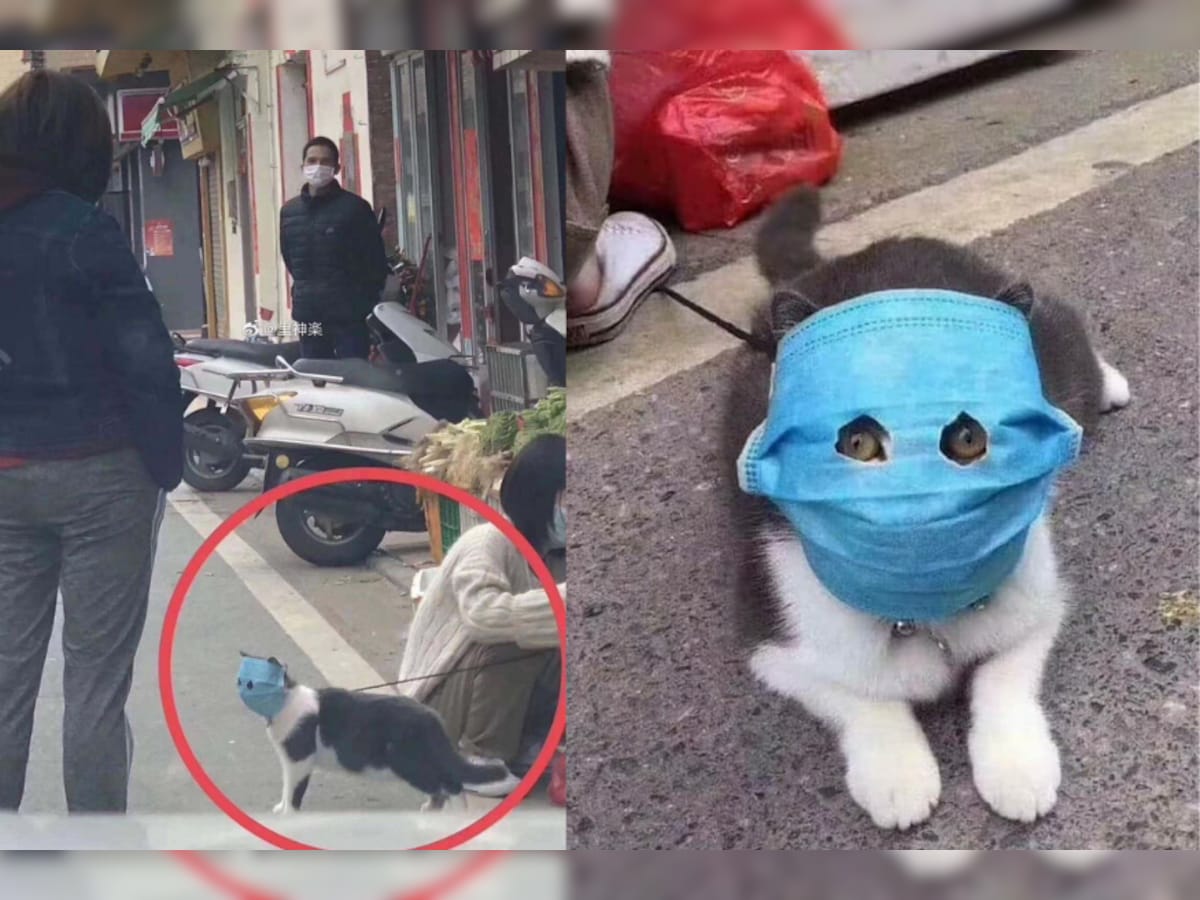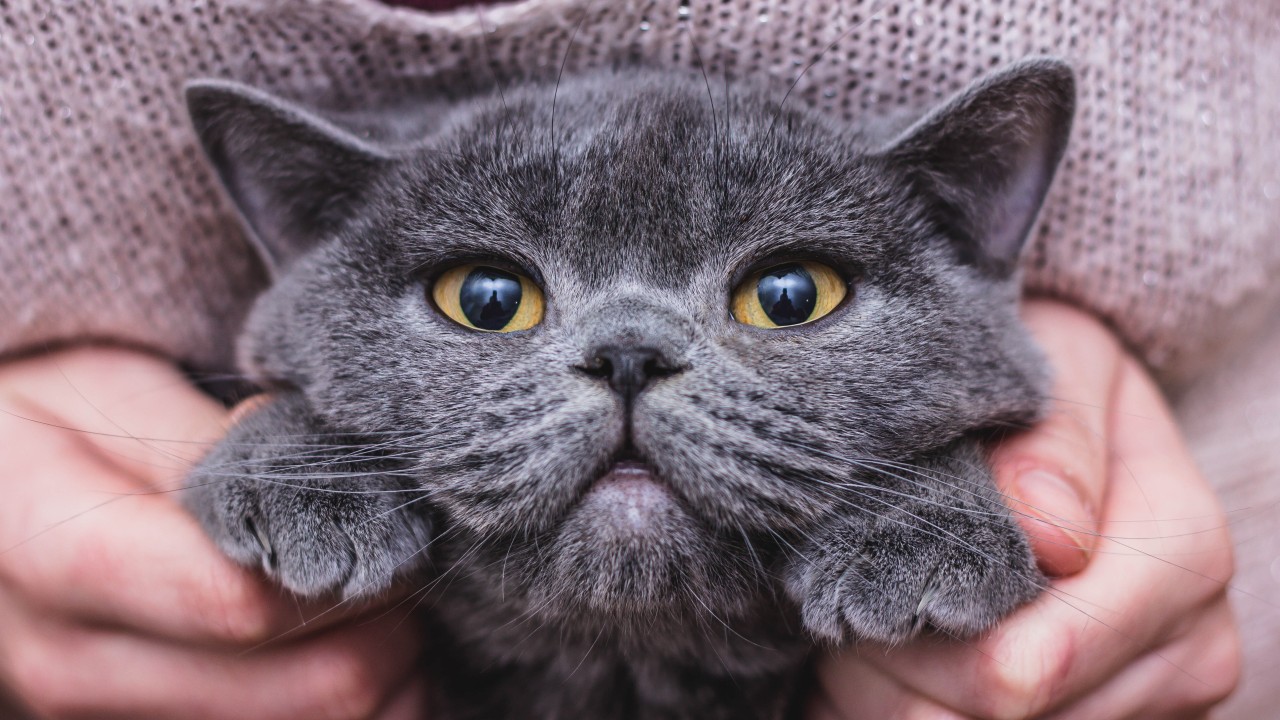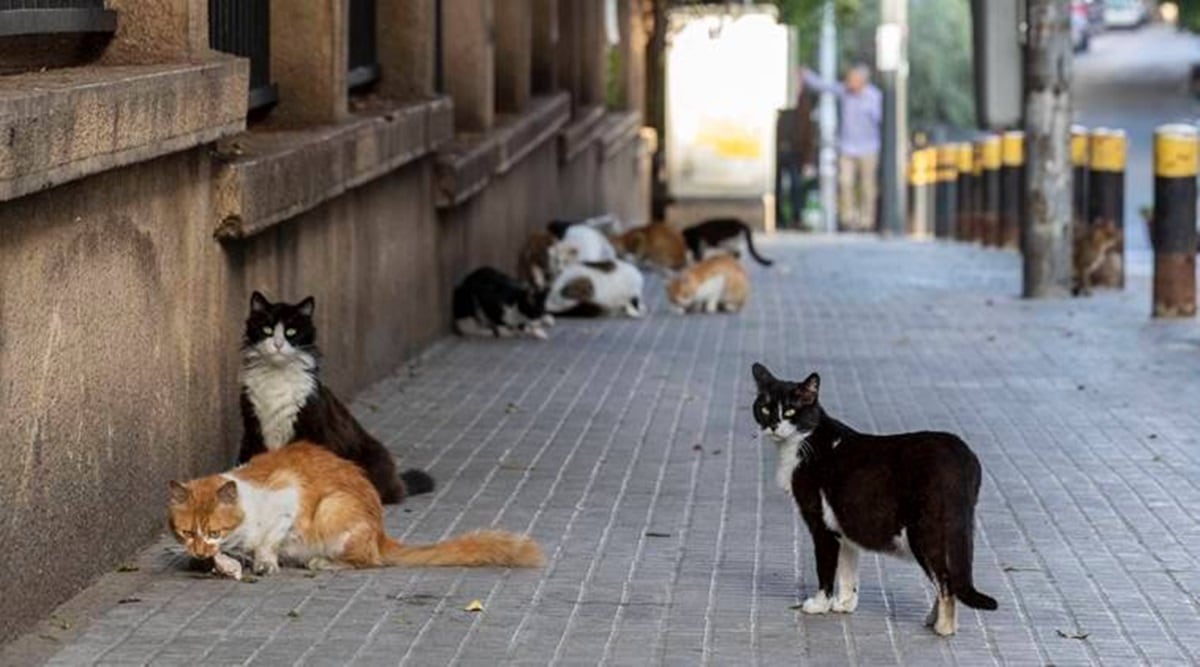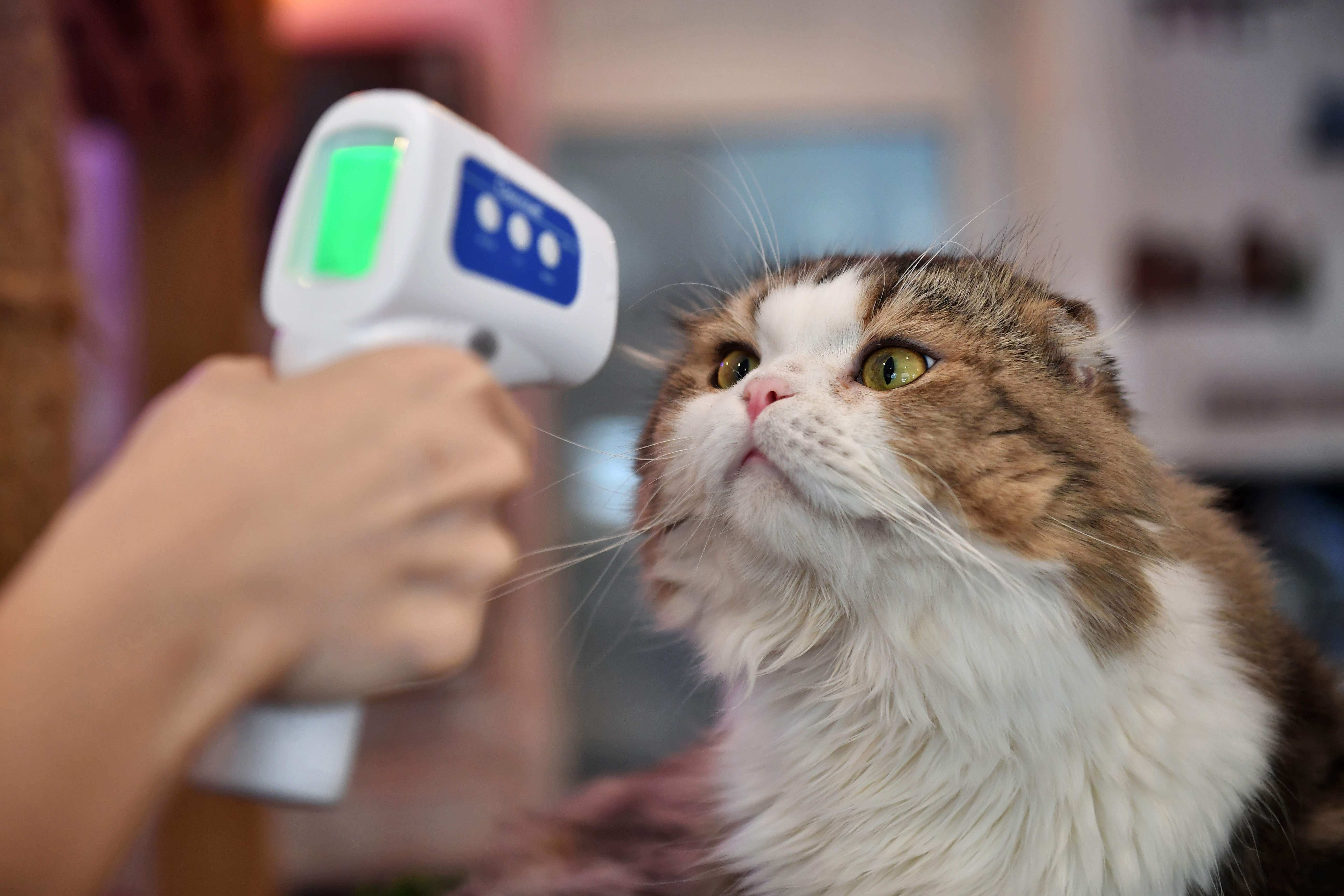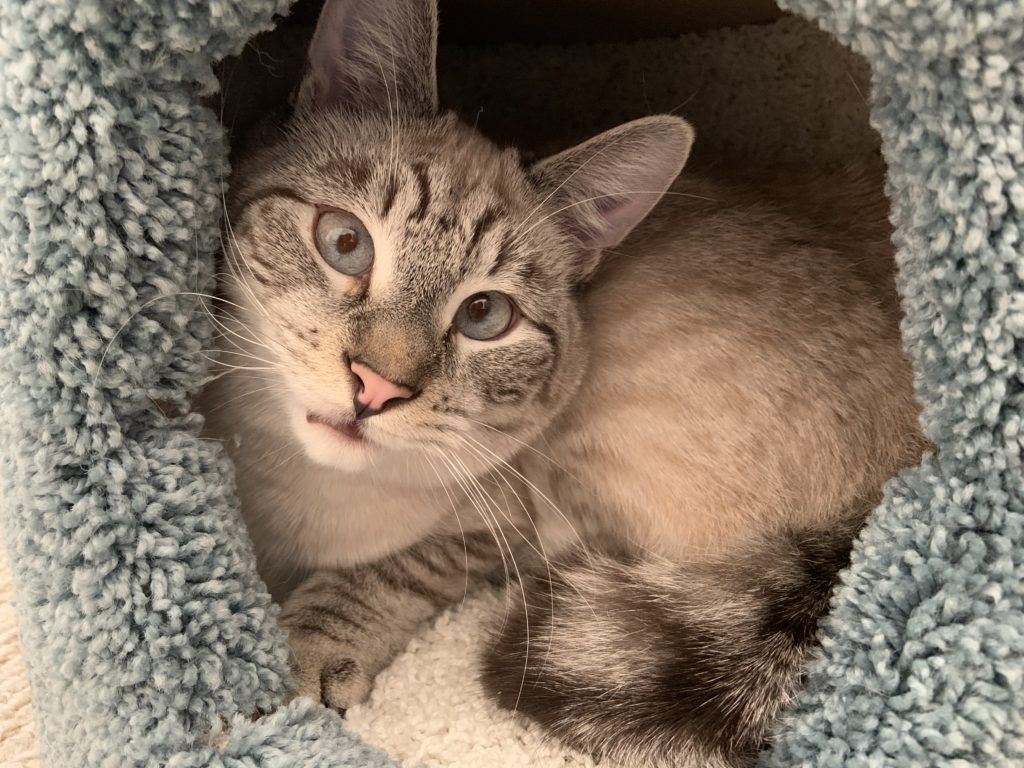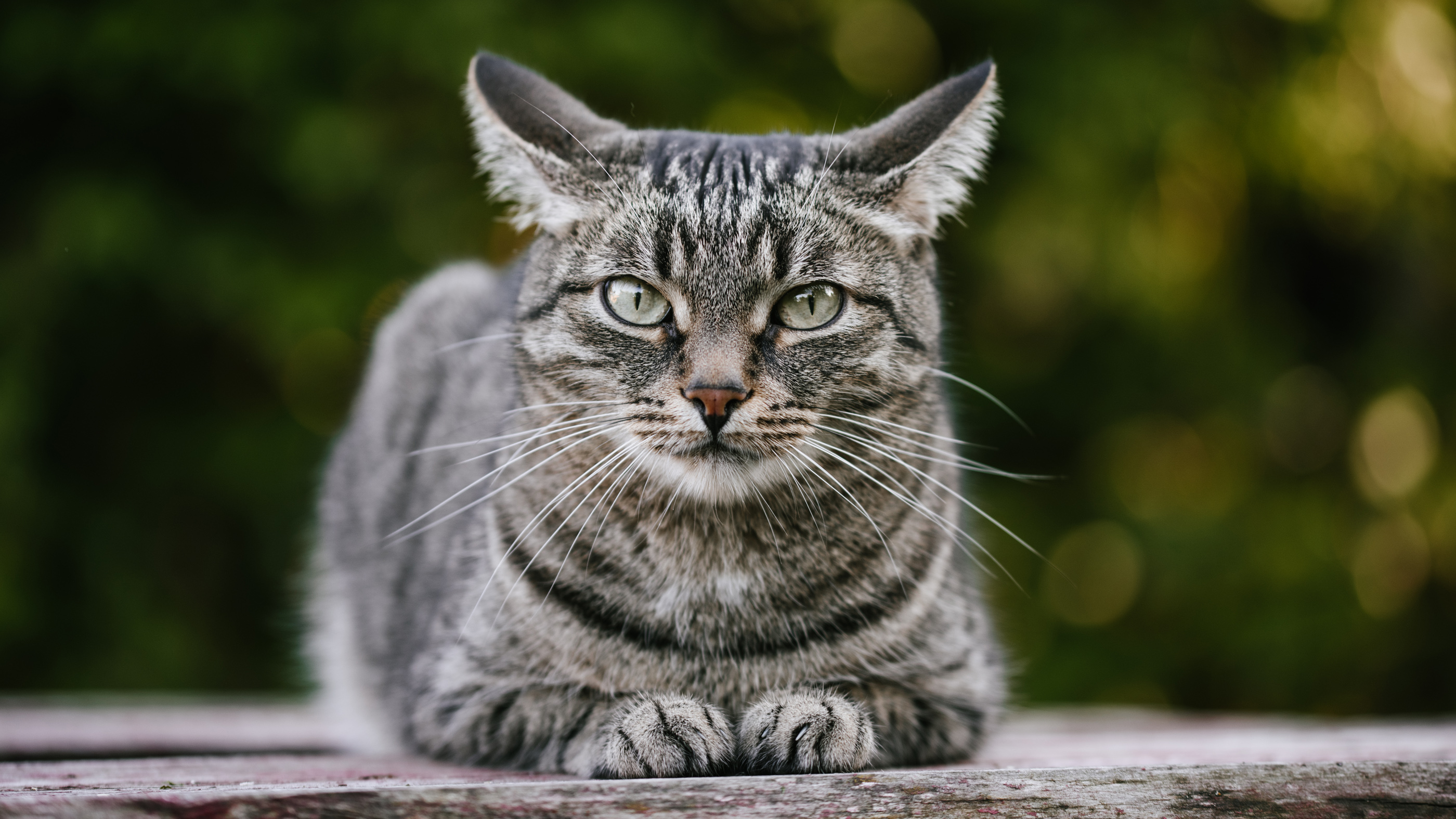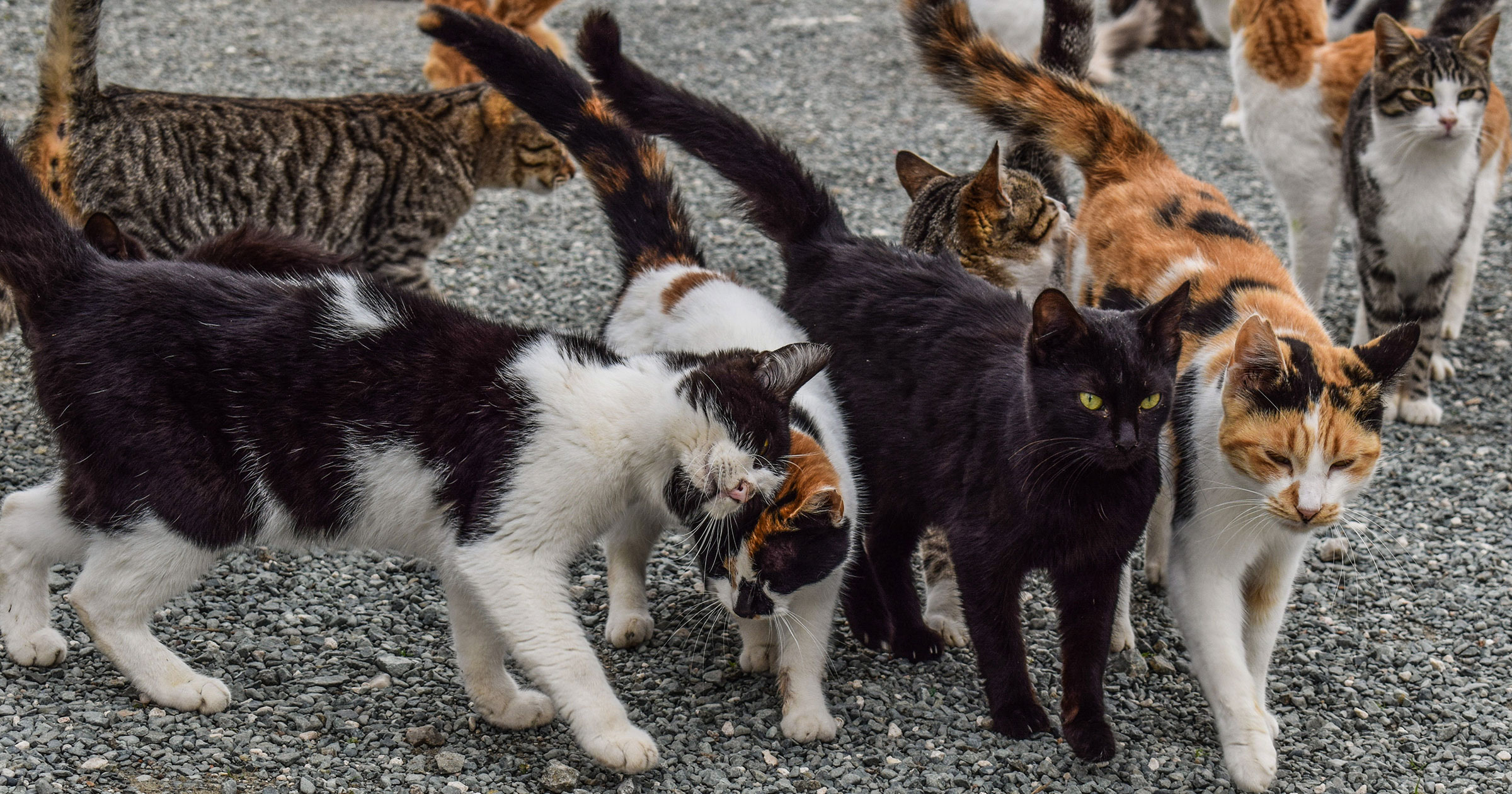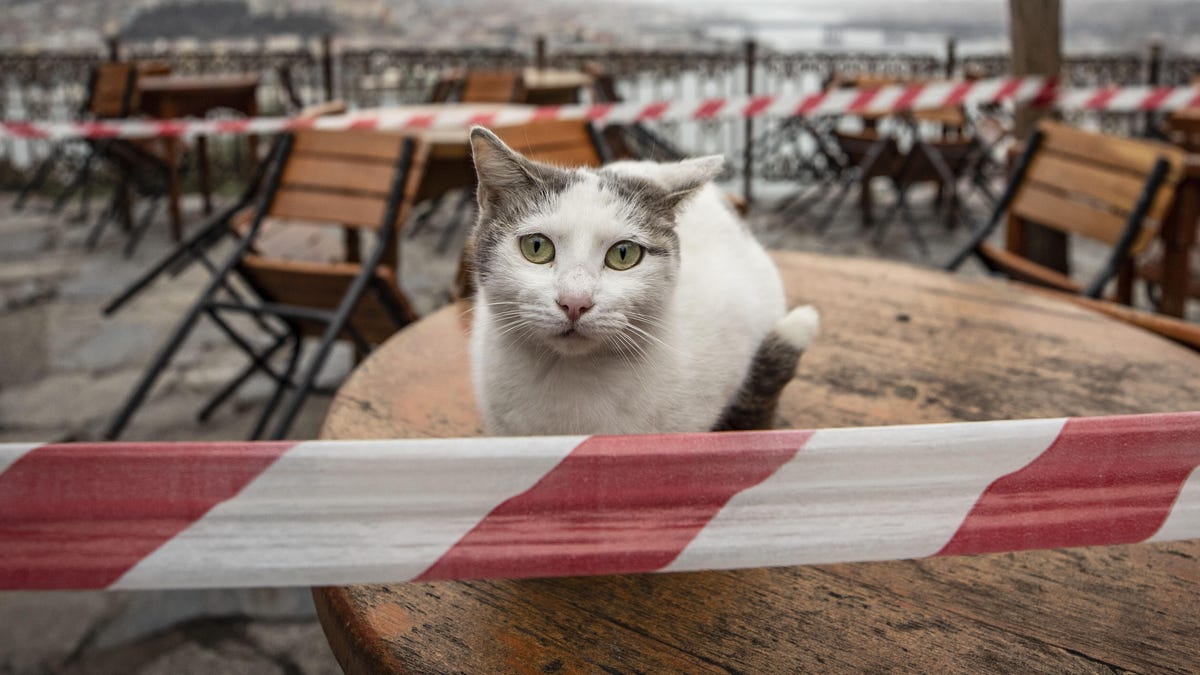Coronavirus In Cats Symptoms

At this point it appears house cats with COVID-19 developed a mild to moderate cough potentially accompanied by an increased breathing rate or.
Coronavirus in cats symptoms. If they do develop signs then we usually see mild self-limiting diarrhoea due to some damage to the small intestinal cells. If you or a family member has COVID-19 watch for lethargy breathing issues respiratory discharges coughing sneezing and diarrhea in your cat. If your pet shows any signs of illness such as coughing sneezing or lethargy call or text your veterinarian to arrange treatment.
According to the CDC the following signs may indicate that your cat has contracted COVID-19. Feline enteric coronavirus FECV is an enveloped single-stranded RNA virus that is highly prevalent worldwide in domestic cats. Infection is often subclinical or characterized by transient mild GI illness in kittens.
If your pet becomes ill theres reason to be hopeful. The amount of time dogs and owners spent together and the type of contact they had didnt change the dogs odds of infection. The cat experienced breathing difficulties and nasal discharge stock image.
Some coronaviruses cause cold-like illnesses in people while others cause illness in certain types of animals such as cattle camels and bats. Feline Coronavirus FCoV is a common viral infection in cats. Cat aficionados are most familiar with the ubiquitous feline coronavirus FCoV which is shed in the feces of infected cats and usually causes relatively benign self-limiting gastrointestinal problems in infected cats.
They can also show symptoms of COVID-19 and might be able to pass it to other cats. New studies show that two domestic cats in the UK. Thirteen owned cats 27 had symptoms most commonly a runny nose and difficulty breathing.
It generally causes asymptomatic infection but can cause mild diarrhea. What clinical signs do infected cats show. In some cases cats will also.
